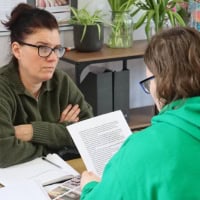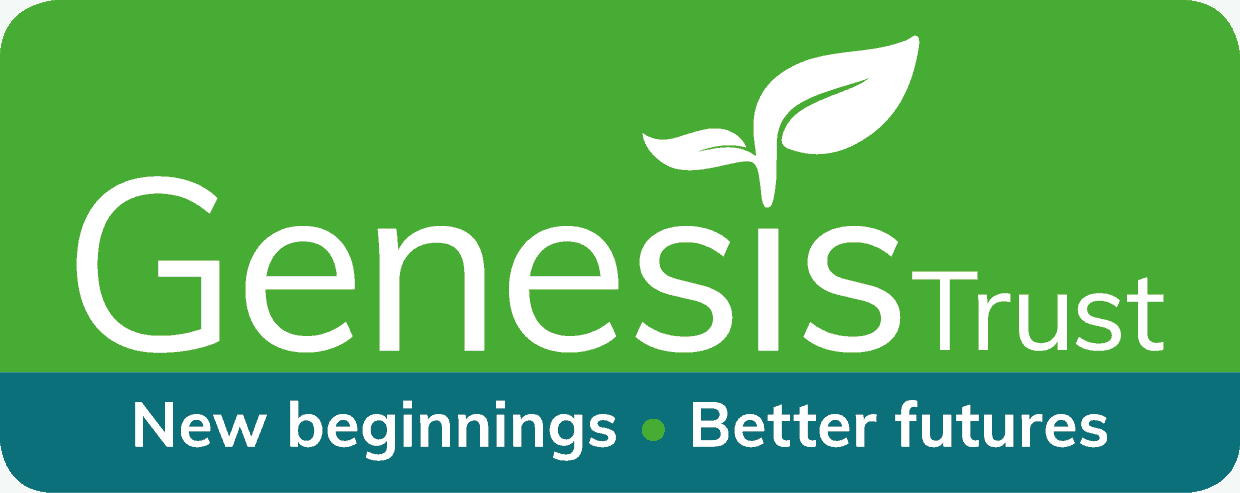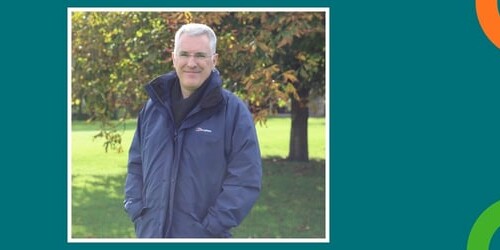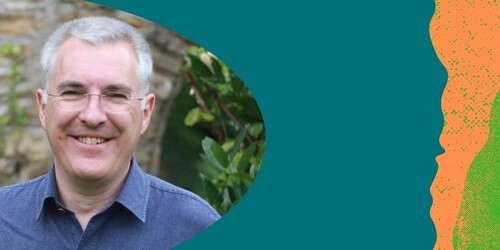 At Genesis Trust we support a lot of people with a range of mental ill-health. Recently we have seen a spike in the number of people, either coming directly or referred to us, who are experiencing declining mental health, especially among younger people. Some have acute mental health issues and many are coming with past trauma.
At Genesis Trust we support a lot of people with a range of mental ill-health. Recently we have seen a spike in the number of people, either coming directly or referred to us, who are experiencing declining mental health, especially among younger people. Some have acute mental health issues and many are coming with past trauma.
There are a number of reasons for this increase including over-stretched services, a greater understanding of mental health and a better awareness of the services we provide.
If you’d like to help us keep up with this demand, please support our match-funded spring appeal.
How is Genesis Trust giving people the tools they need to improve their mental health? Jill Sullivan, our Engagement and Support Worker, would like to tell you.
 At Genesis Life Projects I help run our Life Course, a ten-week programme which supports people who are in recovery from addiction or living with mental ill-health. There are currently many more referrals for mental health reasons compared with addiction. I’ll share some of the tools we use with clients as part of the Life Course:
At Genesis Life Projects I help run our Life Course, a ten-week programme which supports people who are in recovery from addiction or living with mental ill-health. There are currently many more referrals for mental health reasons compared with addiction. I’ll share some of the tools we use with clients as part of the Life Course:
- We find it helpful at the start to talk through simple life skills which affect our mental health such as self-care. For example, good hygiene will make you feel better. Eating well, establishing a routine and valuing sleep all play a crucial role in maintaining mental health. For people who are living with anxiety we discuss tools like journalling and deep breathing.
- This year’s theme for Mental Health Awareness Week is movement which we talk about in the course. Getting light exercise into your routine is important. We suggest walking or chair exercises which are affordable so no one is excluded. At Genesis Life Projects we offer a number of courses which promote exercise and getting out into nature.
- The Life Course uses a number of tools such as ‘the stretch zone’. It helps people identify how they can move from their comfort zone into their stretch zone by creating small goals. If someone is too anxious or depressed to get out of bed, leave the house or get on a bus, what steps could they take to make that happen?
Within this conversation we’ll discuss neuroplasticity, the science behind your brain’s ability to make new pathways. The more you practise your new stretch zones, the more your brain will create pathways that make it easier in the future.
- Together we explore what our triggers are for declining mental health and therefore what can be put in place to help when things like panic attacks are likely. Relaxation techniques can be a tool in these circumstances. For people who suffer from panic attacks or rising anger, things like calming smells can help – having some lavender in your pocket which reminds you of your grandma’s garden can take you to a safe place or a happy memory. Visualisation of a place or picture which is comforting or relaxing can work in the same way.
Lorraine’s experience
 My colleague Lorraine Colquhoun started her journey with Genesis as a client and she really benefited from attending the Life Course. As someone who suffered with anxiety and panic attacks Lorraine found the visualisation tools helpful when testing her stretch zones. She told me,
My colleague Lorraine Colquhoun started her journey with Genesis as a client and she really benefited from attending the Life Course. As someone who suffered with anxiety and panic attacks Lorraine found the visualisation tools helpful when testing her stretch zones. She told me,
‘I decided to use a trip into nature to help me practise my stretch zone. Every day for a week I’d go to the park and sit on a bench. When I found it hard or felt a panic attack coming on, I’d visualise a poem I love to trigger a happy thought which kept me on that bench. After a week, once that bench became comfortable, I’d walk to the next bench a little further on and do the same thing. The process was proving to myself I could do it.
For me the Life Course was a reminder of the basics, which makes such a difference. Finding ways to sleep better like avoiding eating late or drinking coffee late and the importance of routine. Even things like making my bed when I get up makes such a difference. I remember Sue Fourie [who led that course] saying to me when I was really struggling, ‘just find a way to get to the course and you’ll leave feeling so much better’. She was right.’
If you’d like to hear more from Lorraine about her journey from client to staff member, please come to our Open Evening on 20th June, 5:30-7:30pm.
How is the space we provide important?
For people with mental ill-health, coming to a new place with new people is a big step. As Lorraine mentioned, the first hurdle or goal is coming to meet us, let alone starting the Life Course. We invite people to come and meet us, to see the space so it’s familiar when they next visit. It’s important that people feel safe when they come and have the reassurance of a friendly face.
For me the continuity of staff at Genesis is part of that safety. The team works across different activities and times. To see the same people creates trust and stability, especially for people with mental ill-health. A familiar face is so encouraging.
Please will you help us keep up with demand this spring whilst getting your donation doubled?
If you’d like to give to our spring appeal, all donations up to £250 per unique supporter given by 9th June 2024 will be matched by Aviva Community Fund via Crowdfunder.
Together we can continue to provide much needed support for local people as they journey toward positive change and a better future.
Related Posts
16 February 2026
A decade with Genesis Trust – Nick Mayo retires as CEO
Our CEO, Nick Mayo, has retired after…



